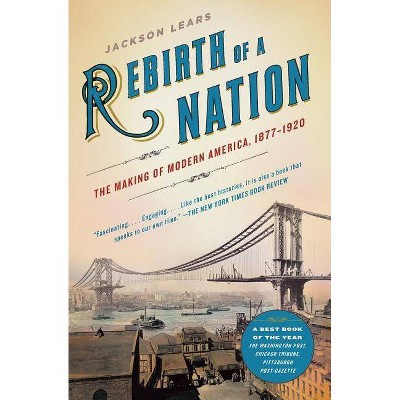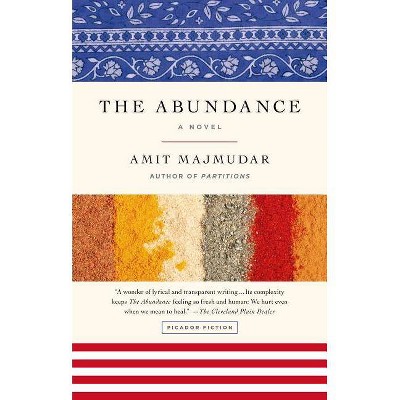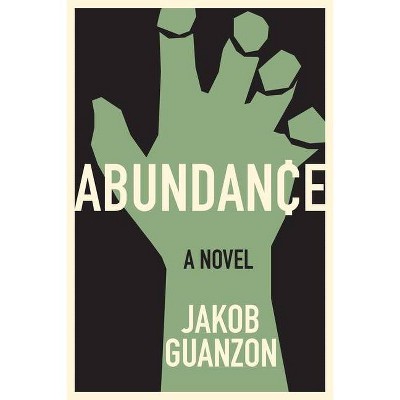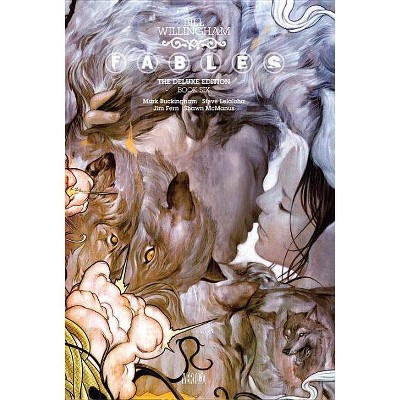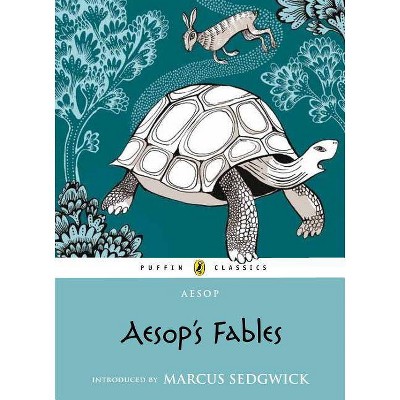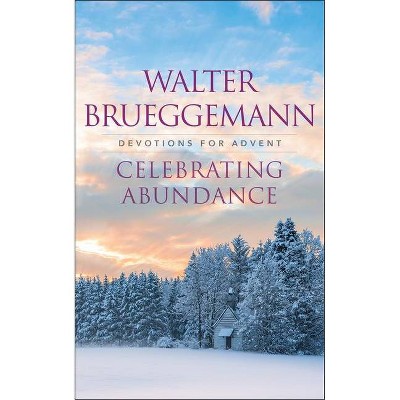Fables of Abundance - by Jackson Lears (Paperback)
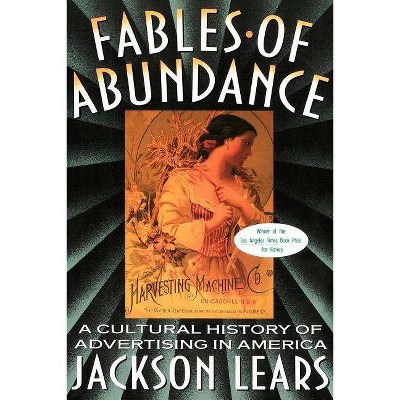
Similar Products
Products of same category from the store
AllProduct info
<p/><br></br><p><b> About the Book </b></p></br></br>" Fables of Abundance ranges from the traveling peddlers of early modern Europe to the twentieth-century American corporation, exploring the ways that advertising collaborated with other cultural ins"<p/><br></br><p><b> Book Synopsis </b></p></br></br><i>Fables of Abundance</i> ranges from the traveling peddlers of early modern Europe to the twentieth-century American corporation, exploring the ways that advertising collaborated with other cultural institutions to produce the dominant aspirations and anxieties in the modern United States.<p/><br></br><p><b> From the Back Cover </b></p></br></br>American advertisements have become perhaps the most pervasive social icons in the modern world. This book traces their rise against a richly varied backdrop. Its range encompasses literature, religion, and the visual arts, as well as economics, public policy, and the history of medicine. Its cast of characters includes a host of remarkable figures in or around advertising, from P. T. Barnum and Theodore Dreiser to John B. Watson and Joseph Cornell. The book explores the ways that advertising collaborated with other cultural institutions to produce what have become the dominant aspirations, anxieties, and even notions of personal identity in the twentieth-century United States. Moving from the carnivals and market fairs of Renaissance Europe to the traveling peddlers of nineteenth-century America, Jackson Lears shows how early advertisers encouraged a new kind of magical thinking, detached from religious traditions and geared to an emerging market society. While patent medicine advertising's promise of magical self-transformation and exotic sensuality posed challenges to moral standards, advertisers themselves eventually sought to contain the subversive potential of this promise even as they continued to conjure it up.<p/><br></br><p><b> About the Author </b></p></br></br><b>Jackson Lears</b> is the author of <i>No Place of Grace: Antimodernism and the Transformation of American Culture, 1880-1920</i>, and the editor (with Richard Fox) of <i>The Culture of Consumption</i> and <i>The Power of Culture</i>. He is professor of history at Rutgers University.
Price History
Price Archive shows prices from various stores, lets you see history and find the cheapest. There is no actual sale on the website. For all support, inquiry and suggestion messagescommunication@pricearchive.us
